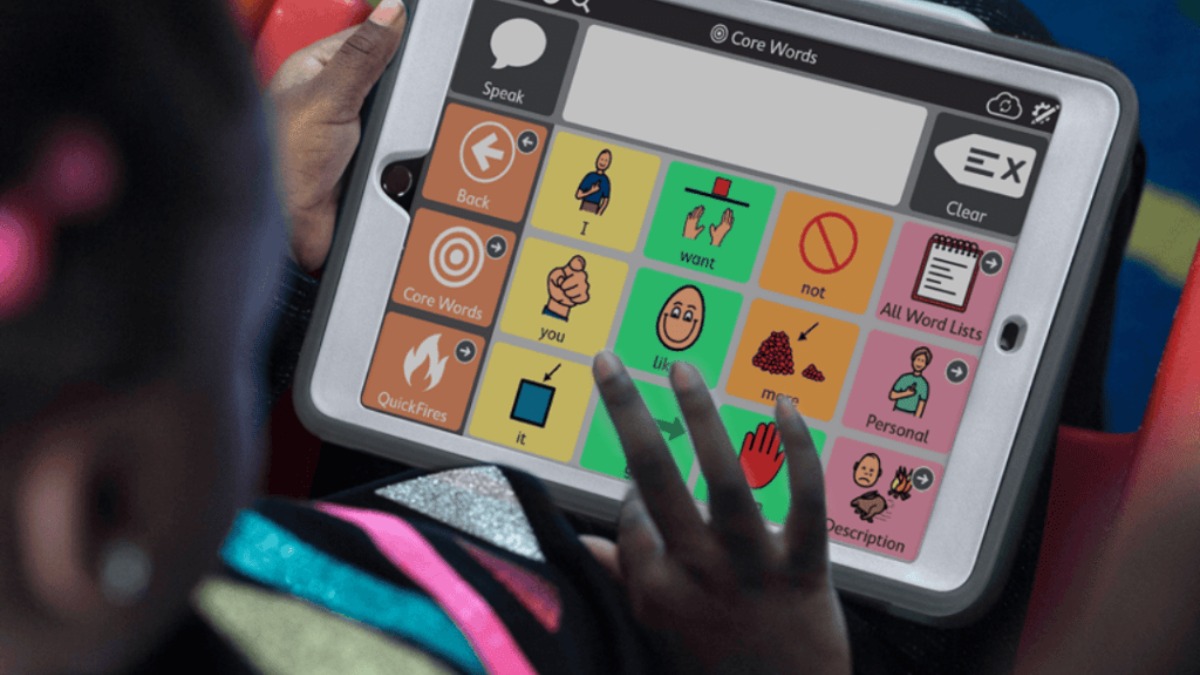How to Become DIR Floortime Certified: Training & Certification
December 26, 2024
Learn how to become DIRFloortime certified through courses and professional training. Explore the DIR model and certification options for Floortime therapists.

DIR Floortime is a therapeutic model designed to support children with autism and other developmental delays. Based on principles of developmental psychology, it emphasizes building emotional, social, and cognitive skills through playful, interactive learning. For professionals and caregivers interested in using this approach, DIR Floortime certification can be a meaningful step toward effectively supporting children's growth. In fact, research shows that DIR Floortime significantly improves social and emotional functioning in children with autism. If you're looking to get certified, this guide will walk you through the necessary steps, training options, and how DIR Floortime can make a lasting impact.
Importance of DIR Floortime for Children with Autism
DIR Floortime is especially crucial for children with autism due to its personalized and relationship-focused approach. Here's why it matters:

Parents seeking to learn how to become DIR Floortime certified will find that understanding these foundational principles is essential. The approach's individualized and relational nature makes it a powerful tool for supporting the development of children with autism.
Certification Overview
What is DIR Floortime Certification?
DIR Floortime Certification is a professional credential that validates one's expertise in the Developmental, Individual-differences, Relationship-based (DIR) Floortime model. This approach focuses on promoting the emotional and developmental growth of children with autism by engaging them through meaningful interactions. The certification process involves rigorous training, supervised practice, and assessments to ensure that practitioners are equipped with the skills and knowledge necessary to implement DIR Floortime effectively.
Benefits of Becoming Certified in DIR Floortime
Becoming certified in DIR Floortime offers several advantages for professionals working with children on the autism spectrum. This certification not only enhances one's credentials but also opens up various career opportunities. Below are some of the key benefits of obtaining DIR Floortime certification:
- Enhanced Professional Credibility: Certification demonstrates a high level of expertise in the DIR Floortime model.
- Career Advancement: Certified professionals are often preferred for specialized roles in therapy and education.
- Skill Development: Rigorous training and assessments improve practical and theoretical knowledge.
- Networking Opportunities: Access to a community of certified professionals for support and collaboration.
- Impact on Children: Greater proficiency in helping children with autism reach their developmental milestones.
Certification in DIR Floortime provides professionals with the tools and recognition needed to make a significant impact in the lives of children with autism, elevating both their careers and the quality of care they provide.
Steps to Certification
Achieving DIR Floortime certification involves several critical steps, including fulfilling education and training requirements, gaining supervised experience, and undergoing examination and assessment. This pathway ensures that professionals are well-equipped to implement the DIR Floortime approach effectively.
Education and Training Requirements
To begin the certification process, applicants must meet certain educational and training requirements. These are structured to ensure a deep understanding of the DIR Floortime model, offering a strong theoretical base in areas like child development, autism spectrum disorders, and therapeutic intervention. Below is a breakdown of the required training hours for each phase of the certification process:
- Introductory DIR Floortime Course: 12 - 14 hours
- Intermediate Courses: 20 - 30 hours
- Advanced Practicum: 40 - 50 hours
Supervised Experience and Clinical Practice
Supervised experience plays a crucial role in the certification process, providing candidates with valuable hands-on practice under the mentorship of an experienced DIR Floortime practitioner. This component ensures that candidates not only learn the theoretical aspects of DIR Floortime but also gain practical skills by working directly with children and their families. The following outlines the required hours of supervised practice for each stage of the certification process:
- Initial Supervised Sessions: 30 - 40 hours
- Advanced Clinical Practice: 60 - 80 hours
Examination and Assessment
Once the candidate has completed the necessary training, the final step in the certification process is an examination and assessment. This stage evaluates the candidate's understanding of DIR Floortime principles and their ability to apply them effectively in real-world scenarios. To ensure a well-rounded evaluation of their skills, the assessment includes both written and practical components. Below is an overview of the different types of assessments involved:
- Written Examination: 50 - 70 questions
- Practical Assessment: Direct observation of sessions
- Case Studies Evaluation: Submission of case reports
Each step in this certification process is integral to ensuring that practitioners are competent and confident in delivering DIR Floortime interventions. This structured approach ensures a high standard of care for children with autism and their families.
Continuing Education and Maintenance of Certification
Maintaining DIR Floortime certification requires dedication to ongoing professional development and adherence to specific requirements. The certification ensures that practitioners stay current with best practices and continue to deliver high-quality support to children with autism.
Requirements for Maintaining DIR Floortime Certification
Keeping the DIR Floortime certification active involves fulfilling several criteria. Certified professionals must demonstrate continued competence in the DIR Floortime model. The requirements typically include:
- Continuing Education Credits (CECs): Practitioners must earn a specified number of CECs during each renewal period.
- Clinical Practice Hours: Maintaining a certain number of supervised clinical practice hours is essential.
- Supervision and Consultation: Regular supervision and consultation sessions with experienced DIR Floortime mentors or supervisors.
Continuing Education Opportunities
Continuing education is a key component in maintaining certification. Various opportunities allow professionals to meet their CEC requirements, including:
- Workshops and Seminars: These offer hands-on learning experiences and direct interaction with experts in the field.
- Online Courses: Flexible online modules that cover advanced DIR Floortime techniques and methodologies.
- Conferences: Events where practitioners can learn about the latest research and innovations in DIR Floortime.
- Peer Learning: Opportunities to engage in group learning and share experiences with other professionals.
By meeting these requirements and engaging in continuous education, practitioners can ensure they maintain their DIR Floortime certification and continue to provide exceptional support to children with autism and other developmental challenges.
Join Our Team as a DIR Floortime Therapist!
Are you a passionate professional with a deep understanding of the DIR Floortime model? We are looking for certified DIR Floortime therapists to join our team at WonDIRfulPlay. Help make a lasting impact on children's social, emotional, and cognitive development while working in a supportive, dynamic environment.
If you’re interested in advancing your career and making a difference, we would love to hear from you. Contact us today to learn more about the opportunities available!
Recent articles













.jpg)


.jpg)






.jpg)











.jpg)
.jpg)

.jpg)
.jpg)
.jpg)



.jpg)
.jpg)
.jpg)

.jpg)
.jpg)

.jpg)



.jpg)


.jpg)
%20(1).jpg)

.jpg)





.jpeg)









.jpg)
.jpg)
.jpg)
.jpg)
.jpg)


.jpg)
.jpg)
.jpg)
.jpg)
.jpg)
.jpg)
.jpg)
.jpg)
.jpg)
.jpg)
.jpg)
.jpg)
.jpg)
.jpg)
.jpg)
.jpg)
.jpg)
.jpg)
.jpg)
